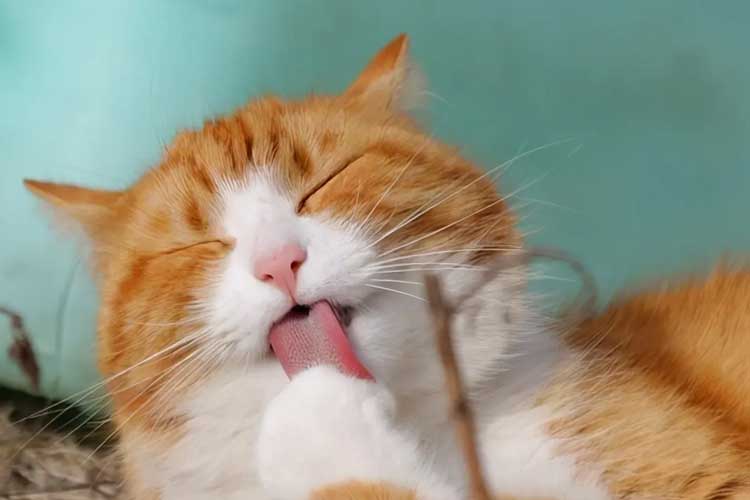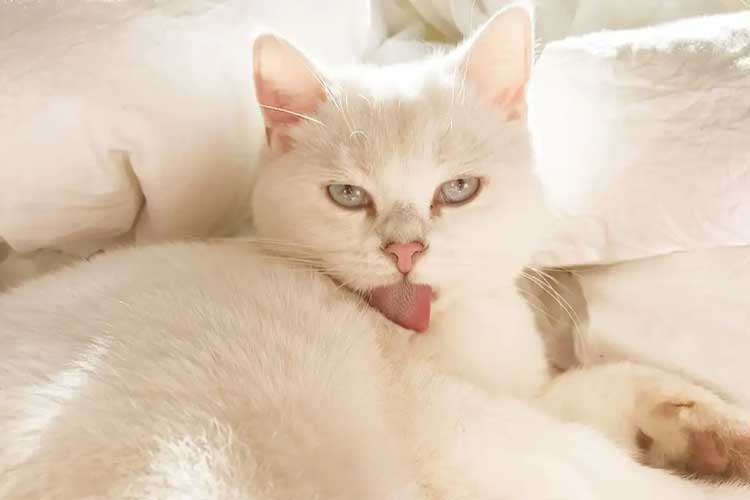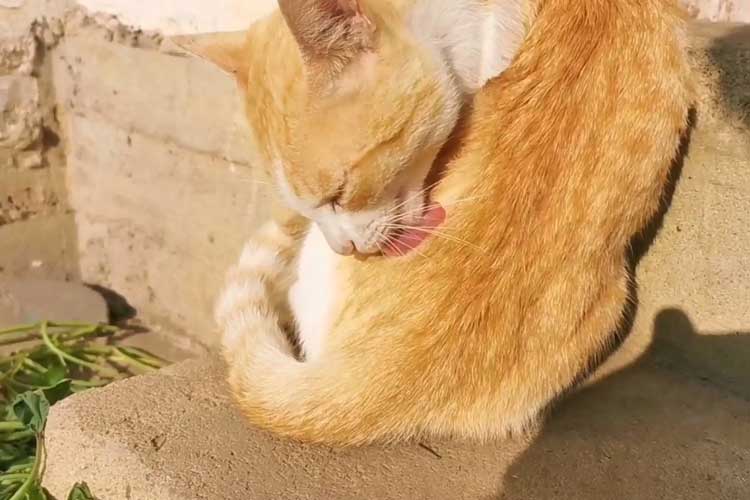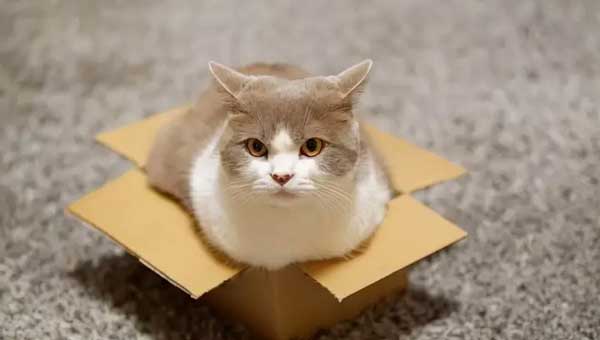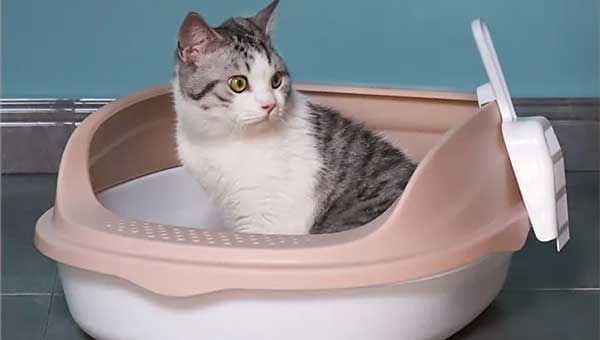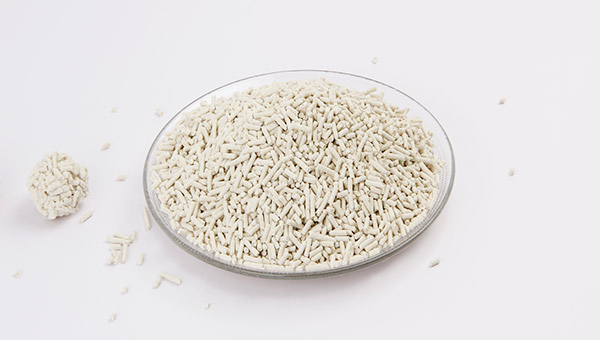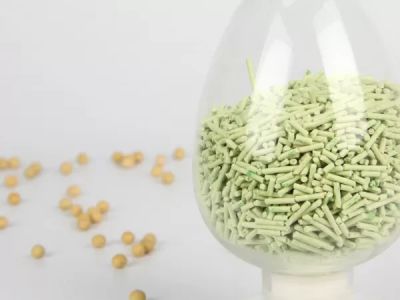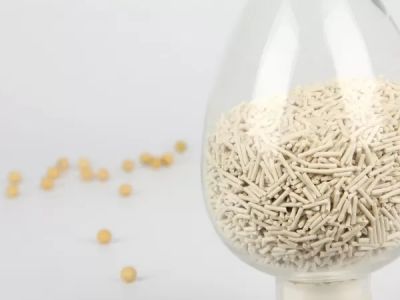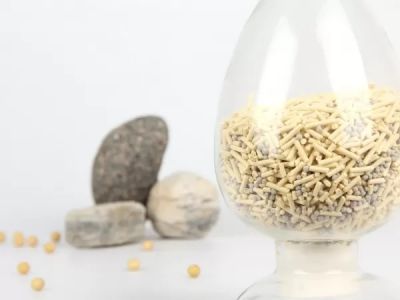Families with cats must have seen cats lying in the sun, enjoying themselves while licking their fur. And the cat will lick different parts at different places, different times, different postures, and even lick your body. Why are cats so keen to lick their fur? Is it bad for cats to lick their fur frequently? Most cats lick their fur to cleanse their fur, but it's not just that, it can also be a sign of stress and illness.
Reasons for cats to lick their fur
1. Clean the body
The most basic purpose is to clean its body. Cats love cleanliness and have strong self-esteem, they must take care of themselves beautifully every day. Cats lick their fur can remove old hair and knotted hairballs and removes dirt from the skin.
2. Regulate body temperature
Don't underestimate the behavior of cats licking their fur. It can regulate their body temperature! In summer, cat licking can make saliva evaporate to produce a cooling effect, thereby lowering body temperature; in winter, cats will lick the hair first to make the hair puffy and warmer.
3. Too much pressure
Sometimes cats will lick their fur after being scolded by their owner or in an unfamiliar environment. The purpose of licking is to relieve their nervous emotions and pressure.
4. Itchy skin
If the cat suffers from skin diseases or parasites, the skin will be very itchy, and the cat will not help to lick and bite frantically on that piece of skin. When you find that your cat has abnormal licking, find out the reason and treat it as soon as possible.
Meaning of cats lick their fur
In fact, the cat's licking has many meanings, and licking has different meanings on different occasions. In some cases, licking can even reflect the cat's pain.
Lick fur after eating
After the cat has eaten, it will clean up the dirty place. It will lick its paws and then clean its mouth. These places are the parts where it touches the food, so it is often seen that it is licking its own paws after eating.
Lick fur after waking up
We often see that the cat will lick its paws after waking up and then clean up its eyes. This is that it "washes" itself, using its own saliva, licking the wet paws, and then cleaning the eye mucus.
Lick fur after being touched
After the cat is touched by a stranger, it will quickly move away and lick where being touched, which means that it is wary of strangers and does not like the smell left on it after they touch it, so lick their scent off with its own saliva.
Lick fur before labor
When the cat is before labor, it will lick the hair on its abdomen. It actually does this to expose the nipple, so that it can breastfeed the kitten. And it can massage the breast with its tongue to promote blood circulation. Moreover, the cat's saliva contains lysozyme, which can effectively prevent mastitis, has a good bactericidal effect and can prevent small milk cats from suffering from gastroenteritis.
Which licking behaviors need us to pay attention to
If the cat is very leisurely, lying there slowly or sitting there licking, and licking all over the body. In this case, there is no need to worry about it. This means that the cat is in a very good mood. It is just habitually licking or cleaning its body, which belongs to healthy licking. But there are several situations that need us to pay attention to.
Uninterrupted licking
Cats are very serious about licking their fur. Even if you use something like a cat stick to attract the cat's attention, the cat just ignores you. This is likely because the cat feels stressed and uses licking to relieve the stress. Cats relax by turning their attention to licking, an alternative behavior and a way for cats to escape from themselves. This shows that we need to spend more time playing with cats.
Only lick a certain part
The cat only licks a certain part of the body, and even this area is bald, which may be caused by two reasons:
①If there is no other abnormality in this skin, it means that the cat's mental state is not good. When it is mentally anxious or too bored, the cat will behave in this way.
②Abnormal skin, such as redness, dander, fleas, flea feces, and even ticks. Because the abnormality of the skin can make the cat feel particularly itchy, it will lick and bite frantically on that piece of skin.
Too frequent licking
Cats lick their fur too frequently, and it is easy to inhale too much hair to cause hairball disease, so it is best to occasionally feed cats some cat grass to help discharge hairballs. You can basically tell your cat has hairballs if you notice your cat has the following symptoms:
①In excrement has hair: If the cat's excrement has hair, it is a manifestation of hairball disease. At this time, you must find a way to remove the old hair on the cat's body, so as not to let the hairballs accumulate in the body.
②Loss of appetite: Because the hairballs are difficult to excrete in the body, gastrointestinal function is affected, and some cats will become inappetence and lethargic.
③The fur is not shiny: Dry, dull fur is also a symptom of hairballs.

